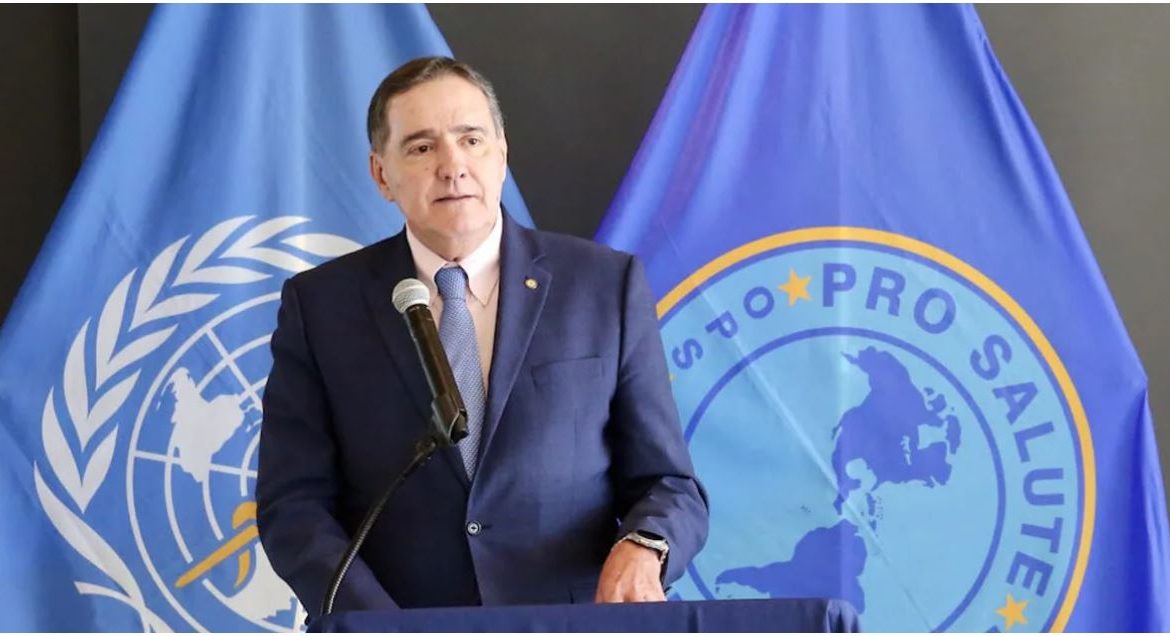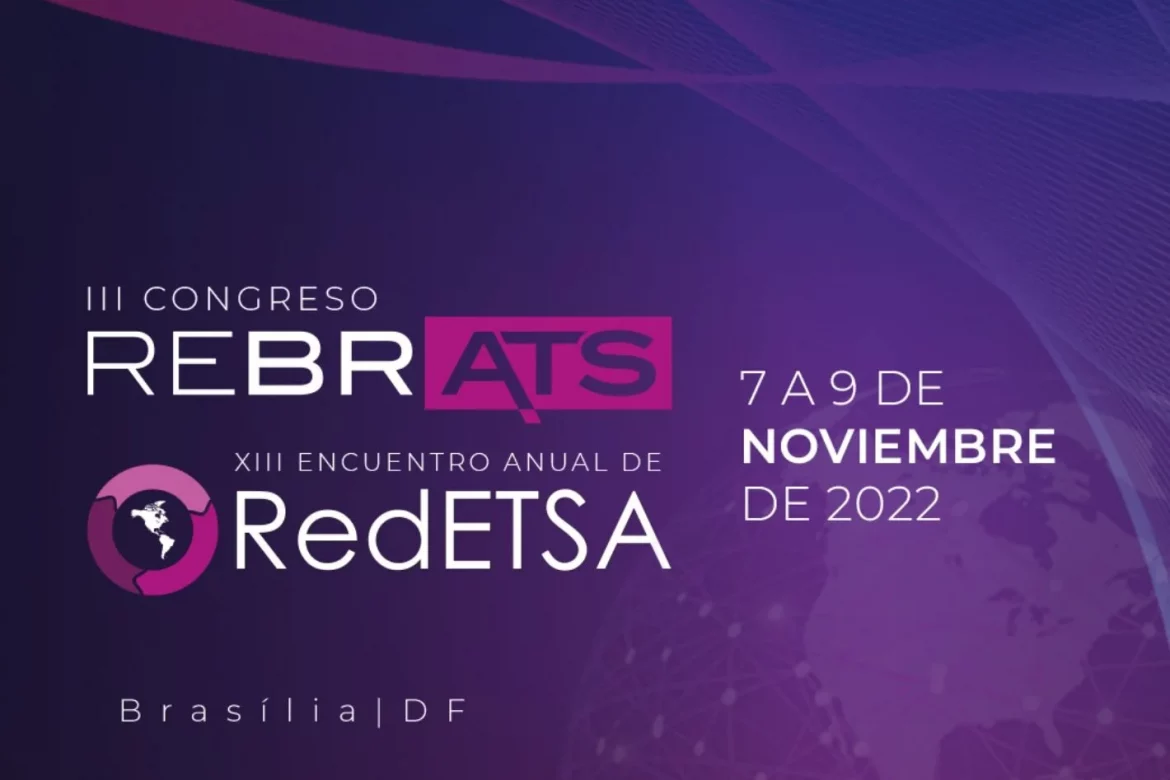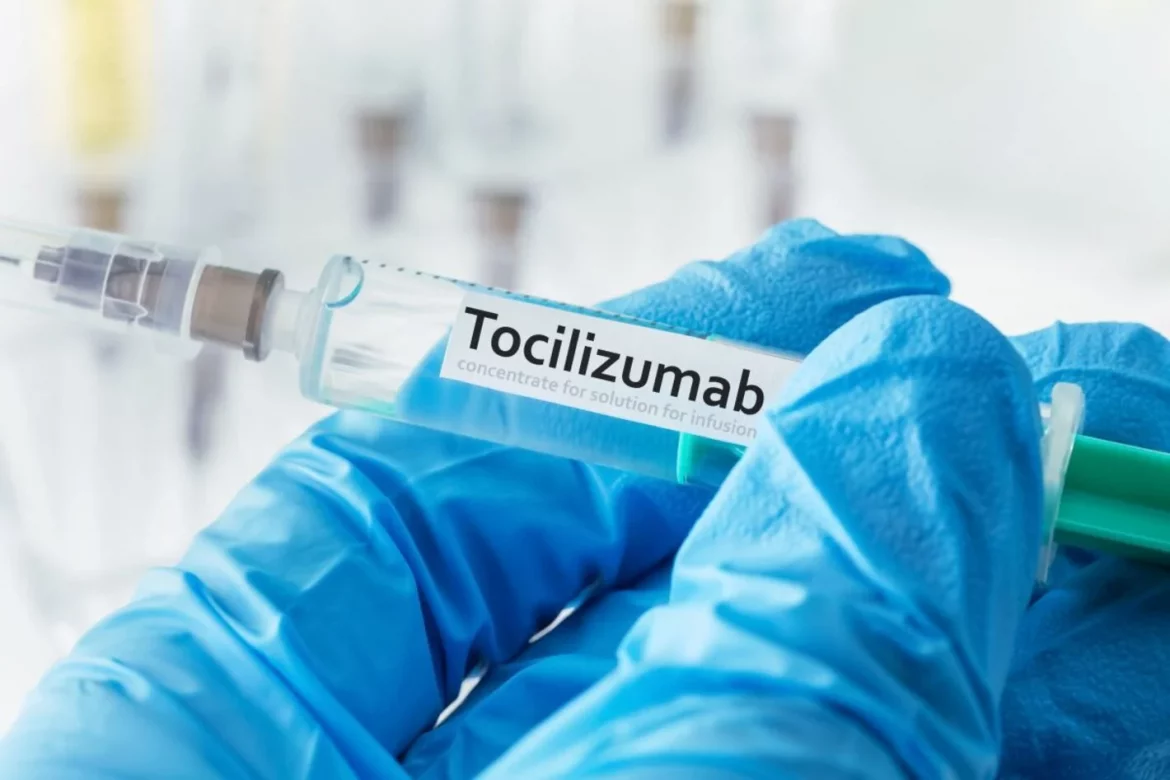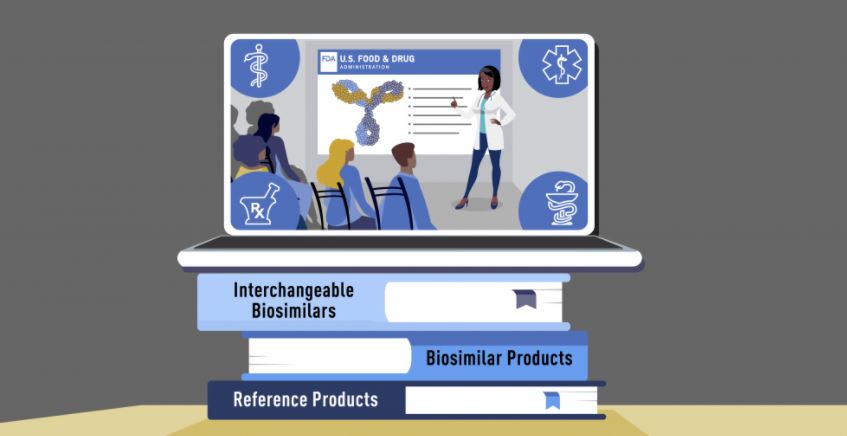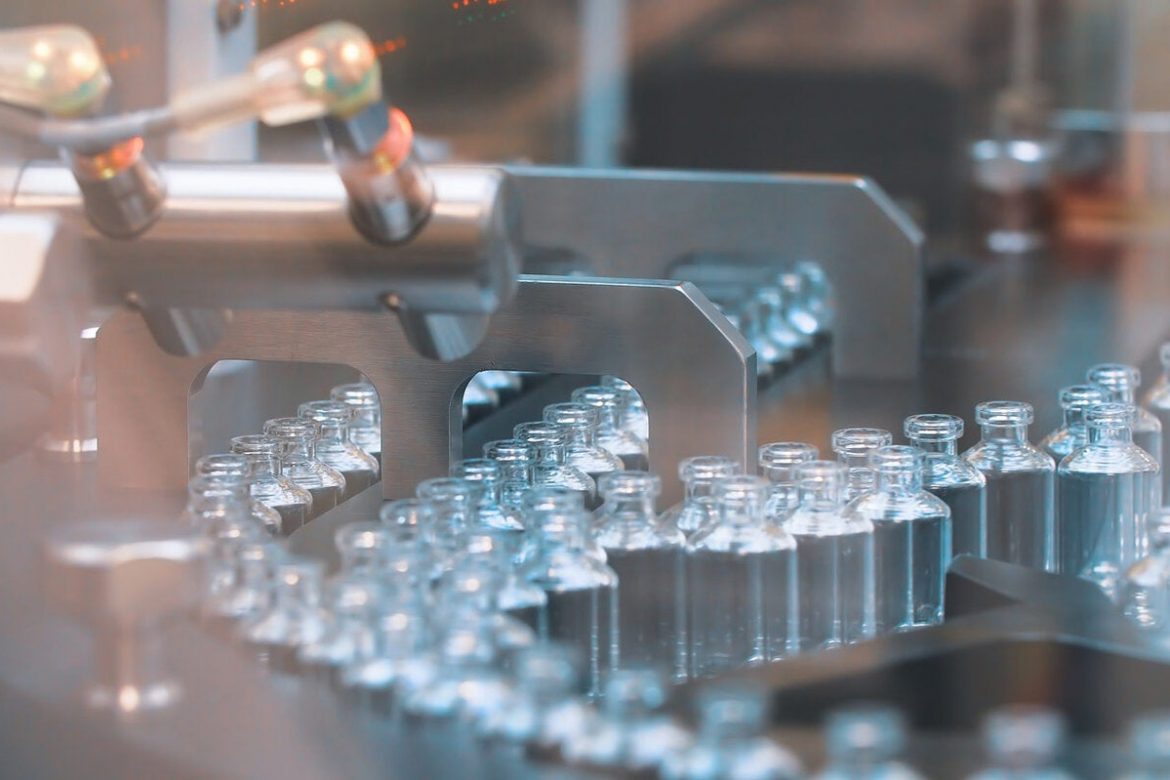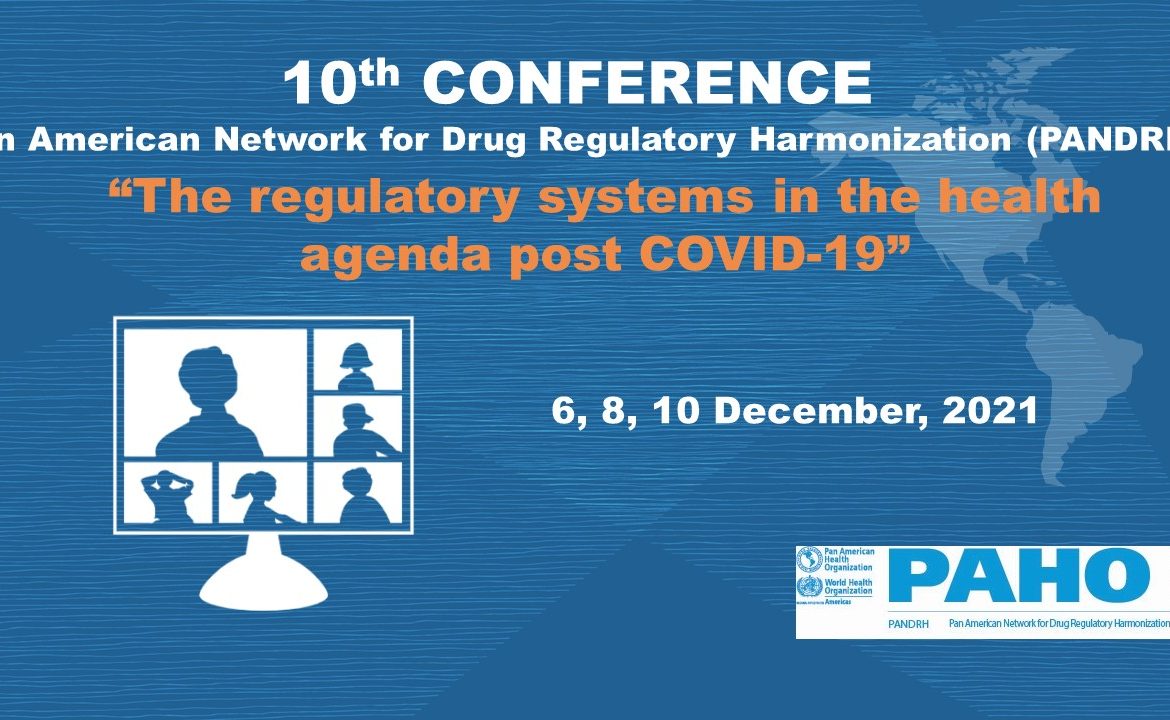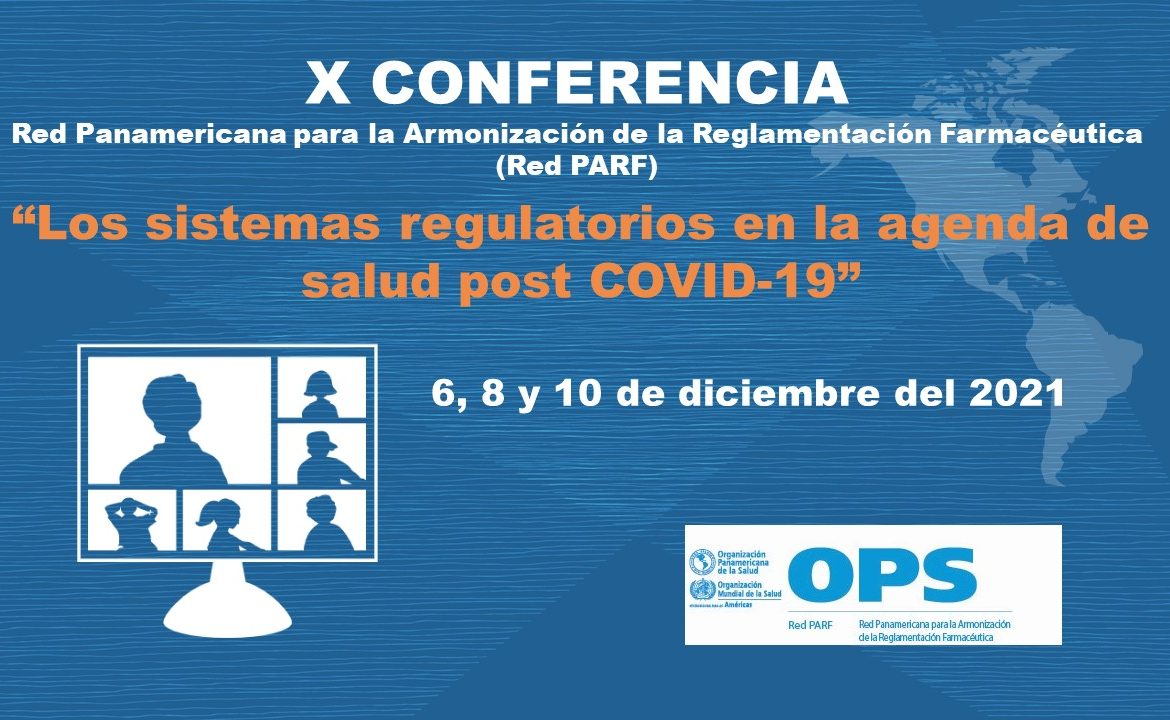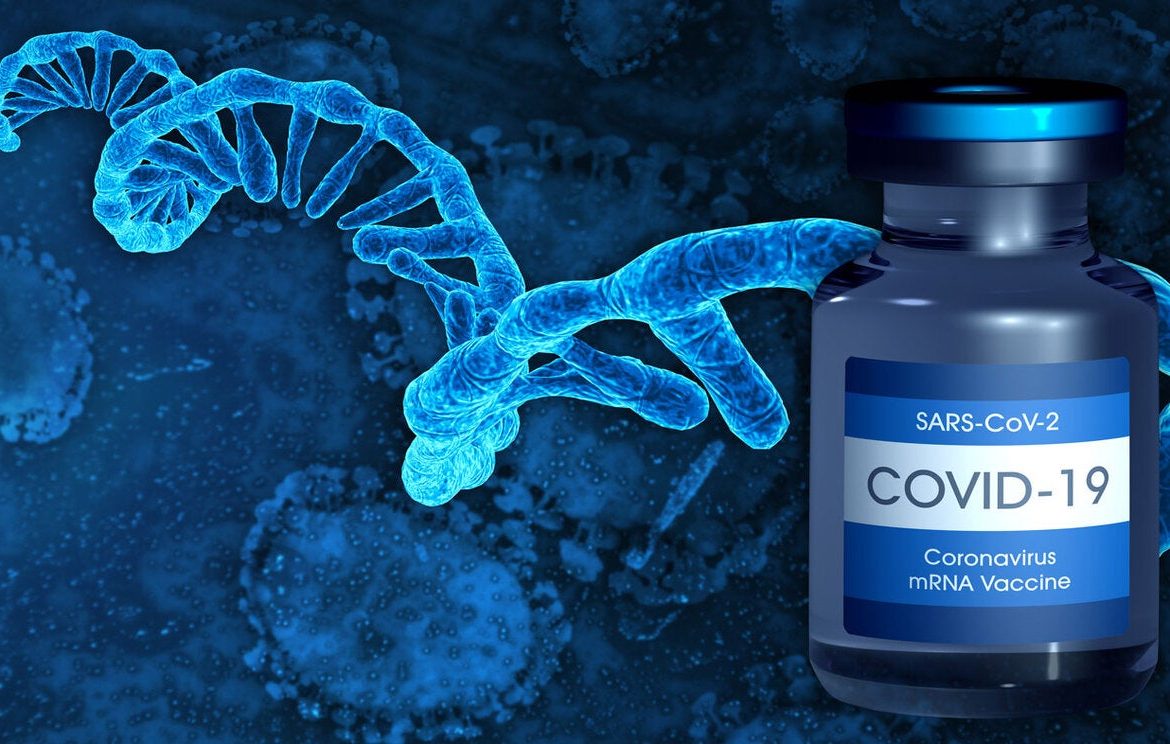XIII Regional Meeting of the Health Technology Assessment Network of the Americas
Washington DC, 22 November 2022 (PAHO)- From 7-9 November 2022 , the XIII Regional Meeting of the Health Technology Assessment Network of the Americas (RedETSA) was held in the city of Brasilia, Brazil. Representatives from 18 countries discussed the Health Technology Assessment (HTA) process at all stages of the technologies’ life cycle, in order to face the challenges of their incorporation into health systems. The event was organized in conjunction with the III Congress of the Brazilian Health Technology Assessment Network – Rebrats.
Marcelo Queiroga, Minister of Health of Brazil; Socorro Gross Galiano, Representative of the PAHO/WHO Country Office in Brazil; Sandra Barros, Secretary of Science, Technology, Innovation and Strategic Inputs in Health; Vania Canuto, Director of the Department of Management and Incorporation of Health Technologies; and Alexandre Lemgruber, PAHO Regional Advisor on Health Technologies Management attended the opening of the event.
During the XIII Regional Meeting, open scientific conferences were held and organized according to the different stages of health technologies’ life cycle (regulation-evaluation-incorporation-use-monitoring). A total of 311 people participated in person and 228 virtually thanks to the direct transmission of the event. For more information go to https://www.paho.org/en/news/22-11-2022-xiii-regional-meeting-health-technology-assessment-network-americas
PAHO makes COVID-19 therapeutic available to 16 countries
Washington, DC, 21 December (PAHO) – In an effort to increase equitable access to COVID-19 therapeutics, the Pan American Health Organization (PAHO) delivered more than 11,000 vials of a medication to improve treatment for severe and critically ill COVID-19 patients in 15 Latin American and Caribbean countries.
Countries that have received the PAHO donation of tocilizumab since mid-September are Belize, Bolivia, Dominica, Dominican Republic, El Salvador, Grenada, Guyana, Haiti, Jamaica, Nicaragua, Peru, St. Lucia, St. Vincent and the Grenadines, Suriname and Venezuela. Panama expects to receive it soon.
The drug, tocilizumab, has been shown to reduce deaths in hospitalized patients with severe or critical COVID-19, who are rapidly deteriorating or need increased levels of oxygen, and who have a significant inflammatory response.
The purchase, worth over US$2 million, was procured by PAHO and supported by the Government of the United States.
For more information go to https://www.paho.org/en/news/21-12-2022-paho-makes-covid-19-therapeutic-available-16-countries
WHO urges action to protect children from contaminated medicines CRM:0557163
Geneva, 23 January 2023 – WHO is releasing an urgent call to action to countries to prevent, detect and respond to incidents of substandard and falsified medical products.
Over the past four months, countries have reported on several incidents of over-the-counter cough syrups for children with confirmed or suspected contamination with high levels of diethylene glycol (DEG) and ethylene glycol (EG). The cases are from at least seven countries, associated with more than 300 fatalities in three of these countries. Most are young children under the age of five. These contaminants are toxic chemicals used as industrial solvents and antifreeze agents that can be fatal even taken in small amounts, and should never be found in medicines.
Based on country reports, WHO has issued three global medical alerts addressing these incidents. The Medical Product Alert N°6/2022 on 5 October 2022 focused on the outbreak in the Gambia, Medical Product Alert N°7/2022 on 6 November 2022 focused on Indonesia, and Medical Product Alert No1/2023 on 11 January 2023 focused on Uzbekistan.
WHO’s medical product alerts were rapidly disseminated to the national health authorities of all 194 WHO Member States. These medical product alerts requested, inter alia: (a) the detection and removal of contaminated medicines from circulation in the markets, (b) increased surveillance and diligence within the supply chains of countries and regions likely to be affected, (c) immediate notification to WHO if these substandard products are discovered in-country; and otherwise inform the public of the dangers and toxic effects of the substandard medicines at issue.
Since these are not isolated incidents WHO calls on various key stakeholders engaged in the medical supply chain to take immediate and coordinated action.
For more information go to WHO urges action to protect children from contaminated medicines
Biosimilar and interchangeable biosimilar products – USFDA Curriculum Materials for Health Care Degree Programs
10th Conference of the Pan American Network for Drug Regulatory Harmonization
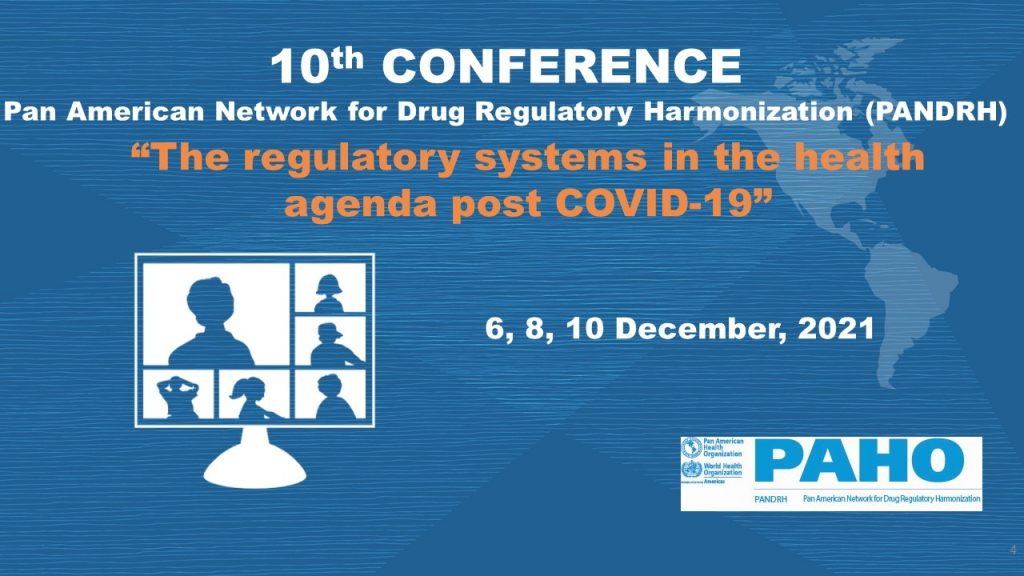
The COVID-19 pandemic posed a challenge for health systems that had to take regulatory decisions to ensure timely access to medicines and other health technologies, including vaccines, blood and derivatives, medical devices, reagents and in vitro diagnostics that are quality, safe and effective to the population.
The 10th edition of the Conference of the Pan American Network for the Drug Regulatory Harmonization (PANDRH) provides a virtual space to discuss the contribution of regulatory systems in the response to the pandemic, as well as the lessons learned and post-COVID-19 regulatory challenges with PANDRH members and experts from the Region of the Americas and worldwide.
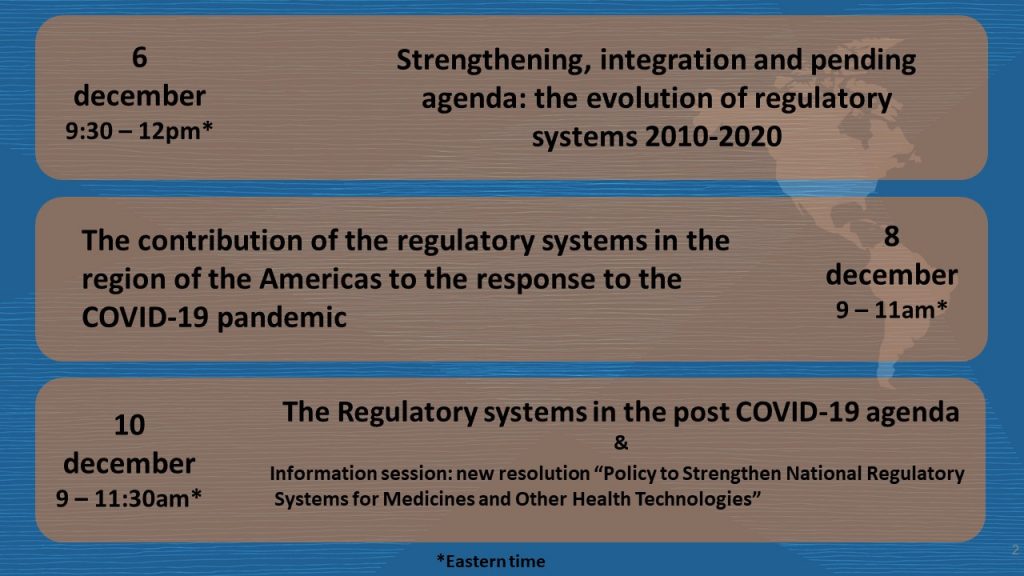
The Conference will take place entirely online on December 6, from 9:30 to noon, December 8 from 9 to 11am, and December 10, from 9 to 11:30am (Washington, D.C. time) and requires advance registration. Sessions will be held in English, Portuguese and Spanish, with the option of simultaneous translation in these languages, as well as in French.
Please register HERE
The quotas to participate in this Conference are limited, so PANDRH Secretariat will prioritize the registrations of representatives of the national regulatory authorities of the Americas region, representatives of the pharmaceutical industry members of ALIFAR and FIFARMA; of economic integration organizations such as CARICOM, MERCOSUR, NAFTA, ALADI, Andean Community; consumer groups; academics; representatives of regional professional associations; and from other groups interested in harmonization and regulatory convergence initiatives.
Note: quotas will be granted to representatives of pharmaceutical industries not affiliated to ALIFAR or FIFARMA as long as they remain vacant after the registration of those considered priority.
*Further information and agenda of the Conference, please click here
Deadline extension to 15 October 2021
Call for expression of interest to contribute to the value chain and supply of reagents for the sustainable manufacturing of a COVID-19 and other mRNA vaccines in the Americas [Deadline extension from 17 September to 15 October 2021]
For the successful establishment of mRNA vaccine manufacturing capacity globally, the World Health Organization (WHO) has launched a new initiative to support transfer of technology to produce mRNA vaccines in low- and middle-income countries (LMICs) (1). The initiative will ensure that all WHO regions will be able to produce vaccines as essential preparedness measure against future infectious threats.
Under this initiative, WHO and the Pan American Health Organization (PAHO) are working together to establish mRNA vaccine manufacturing capacities in LAC. Currently, there is a limited number of global manufacturers able to supply all necessary reagents and/or starting materials (2) needed for manufacturing mRNA vaccines. To ensure sustainability and independence of vaccine production in the Region, access to reagents that are critical to the value chain is fundamental. Hence PAHO/WHO is launching a call for expression of interest to manufacturers in the Region of the Americas that wish to become part of a regional consortium that will ensure that mRNA vaccines can be sourced from starting materials and preparations (including seed lots, cell banks and intermediates) to the finished product.
Through this new initiative, PAHO and WHO will facilitate the establishment of a Regional consortium and support of a comprehensive technology transfer. Ideally, the group of manufacturers that come together for this initiative will include representatives from different geographical areas in the Americas and work towards an integrated regional value chain that will provide sustainability and ease the dependence on imported vaccines from outside the Region.
To support this activity, we are seeking expressions of interest from:
- Public or private manufactures of medical products (drugs, vaccines or drug substances) , and/or starting materials from the Region of the Americas, which could manufacture and supply one or more of the following:
- DNAse 1,
- T7 RNA Polymerase,
- RNase inhibitor,
- Guanyl Transferase,
- Pyrophosphatase,
- GTP,
- s-adenosyl methionine, and
- ribonucleotides.
Entities willing to be considered are invited to provide a brief summary that includes, at a minimum, the reagents and/or starting materials they wish to provide, a summary of their capacity, needs, and their interest in participating in this initiative.
Deadline submission
Deadline extension from 17 September to 15 October 2021
This information must be sent to:
MT@paho.org
(1). See Call for expression of interest to: Contribute to the establishment of a COVID-19 mRNA vaccine technology transfer hub (who.int)
(2). In accordance with WHO TRS Sixty-sixth report starting materials are: any substances of a defined quality used in the production of a pharmaceutical product but excluding packaging materials. In the context of biological products manufacturing, examples of starting materials may include cryo-protectants, feeder cells, reagents, growth media, buffers, serum, enzymes, cytokines, growth factors and amino acids.
PAHO selects centers in Argentina, Brazil to develop COVID-19 mRNA vaccines
These are the Institute of Immunobiological Technology of the Oswaldo Cruz Foundation (Bio-Manguinhos / FIOCRUZ) and the biopharmaceutical company Sinergium Biotech
Washington DC, September 21, 2021 (PAHO) — The Pan American Health Organization (PAHO) announced the selection of two regional centers for the development and production of mRNA vaccines in Latin America in Argentina and Brazil, in order to address COVID-19 and future infectious disease challenges.
The Institute of Immunobiological Technology of the Oswaldo Cruz Foundation (Bio-Manguinhos / FIOCRUZ) was selected as a center in Brazil. It has a long history of vaccine manufacturing and has made promising progress in the development of an innovative mRNA vaccine against COVID-19.
Private sector biopharmaceutical company Sinergium Biotech has been selected as a hub in Argentina and will partner with biotech company mAbxience — belonging to the same group — to develop and manufacture the vaccine’s active ingredients. Both companies have extensive experience in the production and development of vaccines and other biotechnological medical products.
The announcement was made by Dr. Soumya Swaminathan, Chief Scientist of the World Health Organization (WHO), and Dr. Jarbas Barbosa, Deputy Director of PAHO, during a side event as part of the 59th Meeting of the Board of Directors of PAHO. The event “Technology Transfer for the Production of mRNA Vaccines in the Americas” brought together ministers of health and authorities from the countries of the region to discuss vaccine production.
“We congratulate the two selected centers,” said Dr. Barbosa, adding: “There is a hard job ahead, but we are moved by the conviction that this effort will result in timely and equitable access to vaccines in our region, which continues to be the most affected by this pandemic.”
The selection is the result of a call for expressions of interest promoted by WHO in April 2021 in which manufacturers and public and private research institutions were invited to contribute to the establishment of technology transfer centres for mRNA vaccines against COVID-19 in emerging economies. The initiative was supported by PAHO/WHO global partners, such as the Medicines Patent Pool.
The call attracted some thirty expressions of interest from Latin American companies and scientific institutions. To ensure sustainability and further increase regional capacity, PAHO launched a second call for expressions of interest in August 2021. This call was aimed especially at manufacturers interested in being part of a regional consortium to supply pharmaceutical-grade reagents and other inputs for the production of mRNA vaccines.
PAHO also recently presented the Regional Platform for Advancing the Production of Vaccines and Other Health Technologies for COVID-19 in the Americas, which will support collaboration among countries and agencies to apply existing regional biomanufacturing capacity to the production of COVID-19 vaccines and other medical technologies. The platform is based on the principle that pharmaceutical manufacturing should be regional in level and benefit the entire region, and that the distribution of vaccines will be carried out by the PAHO Revolving Fund to all countries.
“Delays in the production (of vaccines) have meant that many countries (in the region) are still waiting for the doses they bought months ago. The limitation of the supply of vaccines continues to delay” vaccination, said PAHO Director Carissa F. Etienne in her opening speech at the event. “This limited production and uneven distribution of vaccines in the face of staggering demand hamper our response to COVID-19 in the Americas. Mass vaccination is critical” to control the pandemic, he added.
The Americas has been the most affected by COVID-19 globally to date, with 87.6 million cases recorded and more than 2.16 million lives lost. The distribution of vaccines remains uneven and few countries in the region have reached the vaccination target of 40% of the population set by WHO.
CONTACTS:
Sebastián Oliel: +1 202 316-5679
Ashley Baldwin: + 1 202 340-4025
Daniel Epstein: +1 301 219-2105
Nancy Nusser: + 410 934-9588

